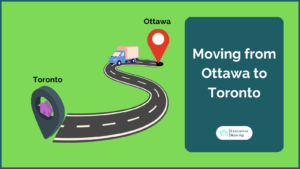
Ultimate Guide Moving to Vermont: All Essential Tips
Ultimate Guide Moving to Vermont: All Essential Tips Considering a move to Vermont? You’re in for a treat! Vermont is a state renowned for its picturesque landscapes, rich history, and delicious local specialties like Ben and Jerry’s ice cream, cheese, and maple syrup. The state offers a delightful blend of









